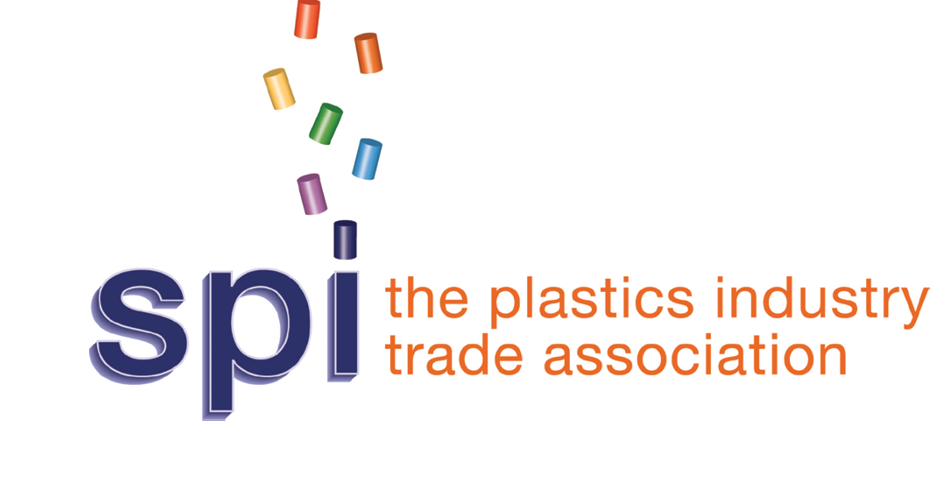How Will the Brexit Impact the U.S. Plastics Industry?
Previous Article Next Article
By Michael Taylor, Vice President - International Affairs & Trade
SPI: The Plastics Industry Trade Association
How Will the Brexit Impact the U.S. Plastics Industry?
Previous Article Next Article
By Michael Taylor, Vice President - International Affairs & Trade
SPI: The Plastics Industry Trade Association
How Will the Brexit Impact the U.S. Plastics Industry?
Previous Article Next Article
By Michael Taylor, Vice President - International Affairs & Trade
SPI: The Plastics Industry Trade Association



The vote by 52 percent of the United Kingdom to leave the European Union—the so-called British exit (Brexit)—has sent shockwaves across global financial markets and ushered in a period of uncertainty for manufacturers on both sides of the Atlantic. The vote could further undermine growth within Europe and potentially around the globe. Given the size of the U.S. economic relationship with Europe, the U.K. decision may have significant ramifications for the American plastics industry.
The U.S. commercial relationship with the U.K. and EU
combined is the U.S.’ largest in the world, representing about 40% of the global economy. Trade of U.S.–EU manufactured goods reached $836 billion in 2015, and cross-border investment equaled more than $5 trillion. Many U.S. companies with EU operations have headquarters in London, and about 17% of U.S.-manufactured exports to the EU are destined for the U.K.
The U.K. is the ninth largest export market for the U.S. plastics industry, representing more than $1.3 billion dollars in goods in 2015, and our eighth largest import market, with more than $249 million dollars in goods in 2015. While the day-to-day operations of businesses in the United Kingdom, European Union or the United States may not be directly impacted by the Brexit immediately, all businesses engaged in the transatlantic market should prepare for the changes that are inevitably coming.
It’s expected that what the Brexit means for manufacturers in the United States and their partners in Europe won’t be fully known for years. Soon the United Kingdom will begin negotiations with the EU under Article 50 of the Treaty of the European Union to set the terms of its withdrawal, a negotiation which some expect may take two years or more.
Until the U.K. officially withdraws from the EU, it should be treated as an EU member state in trade for purposes of tariffs and other technical matters. Eventually, however, the U.S. trading relationship with the UK will experience increased costs and red tape after they have completely withdrawn from the EU. For U.K. manufacturers exporting into the European Union, EU standards and regulations are expected to continue to apply for those goods to be eligible for sale, but much as they would normally apply to U.S. exports, rather than to exports from EU member companies.
Regarding the Transatlantic Trade and Investment Partnership (TTIP), a major trade treaty currently being negotiated, it is clear that the Brexit vote will be a drag on the progress of the deliberations. Prior to the vote, it was apparent that the differences separating the United States and EU in the TTIP talks were larger than the areas of shared objectives and perspectives. With the U.K. and EU now preparing to enter into a multi-year withdrawal negotiation, there are serious questions as to whether the TTIP talks can result in a truly meaningful and comprehensive agreement or even any deal at all. In addition, the loss of the UK voice within the EU will likely make it even more difficult for a deal to be struck. On a positive note, there is the possibility of a U.S.-U.K. free trade agreement, but this opportunity would still be years away at this point, and only be a fraction of the size of an ideal TTIP agreement with the entire EU.
All this said, although it is a significant event with notable economic consequences, the Brexit vote is unlikely to usher in a recession. It is very clear that all of the key players stand ready to intervene in the financial markets vigorously to buoy their economies as required. Specifically, in the U.S., the Federal Reserve likely will cut interest rates rather than raise them, counterbalancing any negative investment consequences the Brexit might have in the near-term for U.S. stakeholders.
But the causal relationship between political and economic uncertainty and negative market and trade consequences is well established. The Brexit will most likely have impacts akin to past Eurozone crises, at least in the short term. It will shake financial markets and consumer confidence, cause a majority of business decision-makers to hedge and serve as an unwelcome drag on economic growth and demand.